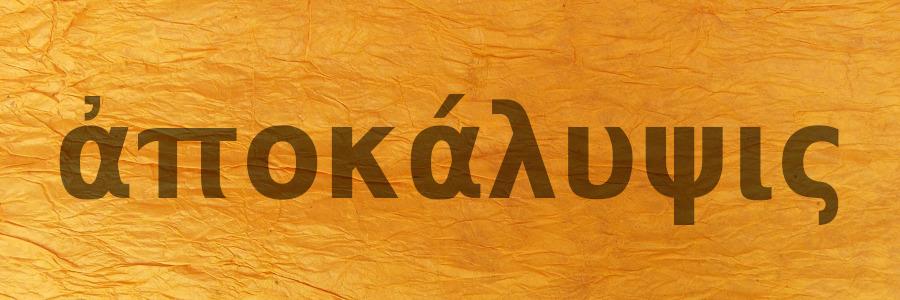The Book of Revelation Is Not Apocalyptic Literature
It may seem odd to suggest that the book entitled Apocalupsis does not belong to the genre of literature commonly referred to as apocalyptic. Nonetheless that is my suggestion here. The term employed in the title of the book denotes a revelation or disclosure.1 While this particular revealing or disclosing describes a broad swathe of eschatological events, it is not its own literary genre.
Apocalyptic as a genre is described as “characteristically pseudonymous; it takes narrative form, employs esoteric language, expresses a pessimistic view of the present, and treats the final events as imminent.”2 Henry Barclay Swete (Cambridge), even while arguing that Revelation is apocalyptic literature, admits that the book differs from that genre, in that the book of Revelation (1) is not pseudepigraphic, (2) engages a specific audience (seven churches), (3) has a significant church focus, rather than a purely Israel nation-centered focus, and (4) includes notes of insight and foresight that are more indicative of inspiration than is found in earlier extra-biblical apocalyptic literature.3









Discussion